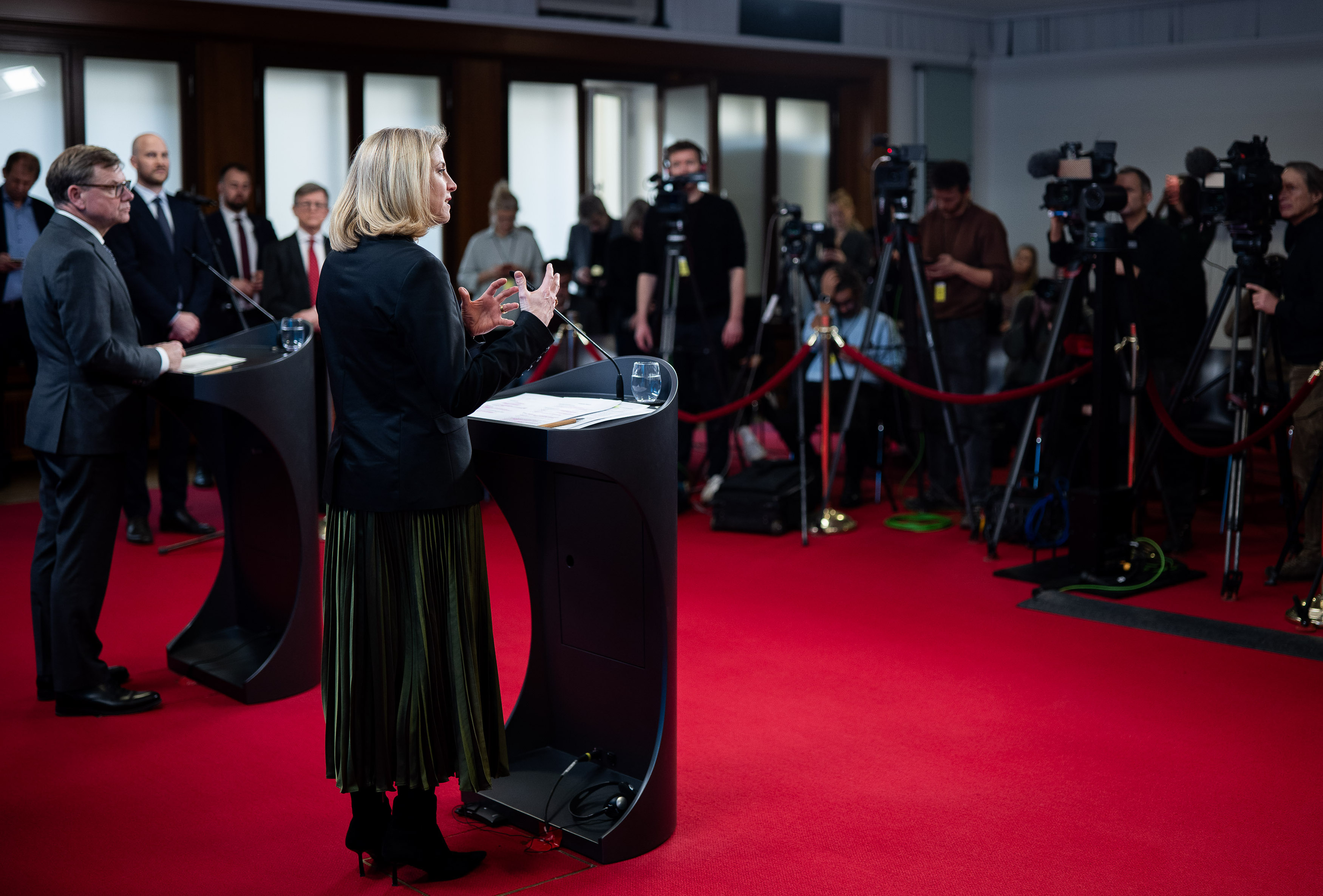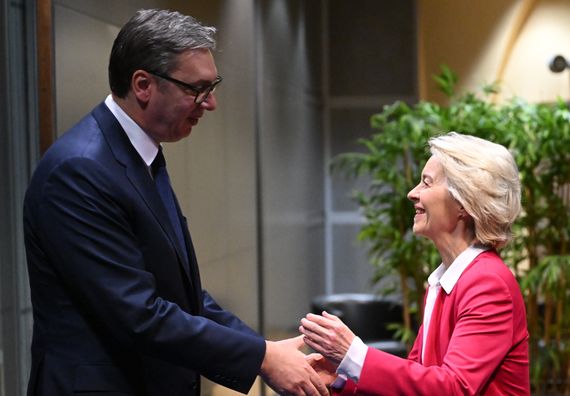diplo.news
The beacon of France
Column by Michael Backfisch

These days, French President Emmanuel Macron is seeking the limelight of the international stage. At the American-European summit in Washington, he sat next to US President Donald Trump and promoted a transatlantic alliance on Ukraine aid. During the UN General Assembly at the end of September, Macron will present himself as the standard-bearer for an independent Palestinian state. The appearances in the limelight bring the Frenchman attention and prestige. However, you can't hide the fact that the house is on fire.
This Monday, Prime Minister François Bayrou will call for a vote of confidence in the National Assembly. It is almost certain that he will lose his office. Because Bayrou links the vote to a drastic austerity package, which is considered a political mortal sin in France. The Prime Minister wants to cut the budget by 44 billion euros and is not afraid to break taboos in the process: two public holidays are to be abolished, social spending, including pensions, frozen, and tax exemptions abolished. For the French, who are resistant of reform, this is a kind of declaration of war from above.
The left-wing and right-wing populists are taking to the barricades because they hope for political advantages. The left-wing party “La France Insoumise” (“Unbowed France”) rejects strict austerity measures, as does the right-wing national “Rassemblement National,” which had occasionally tolerated Bayrou's minority government. The prime minister, who can only rely on around a third of the members of parliament, is therefore likely to leave office. Macron would then have to look for the seventh prime minister since moving into the Elysée Palace in 2017.
In France, this would lead to even more political chaos. Because the country is in a dangerous spiral of debt. Last year, the government deficit climbed to around 170 billion euros, which is almost six percent of economic output. The total decline in the public sector exceeded 3.3 trillion euros in the first quarter of 2025. This corresponds to 114 percent of gross domestic product. France has thus reached the level of Europe's biggest debt sinners Italy and Greece.
Paris is now paying the bill for decades of refusal to reform. Raising the retirement age from 62 to 64 years was almost a mission impossible: Macron was only able to push this through in 2023 past Parliament by applying Constitutional Article 49.3. The situation in France is more difficult than elsewhere because it has the largest welfare state in the world. Social spending accounts for just under a third of total economic output. Overall, the public sector accounts for just under 60 percent of gross domestic product. The French have internalized a subsidy mentality that is difficult to break. Macron impaled the rigidity of his compatriots during a state visit to Denmark in 2018. He praised the Danes as a “Lutheran people” who were open to economic reform — as opposed to the “rebellious Gauls who resist change.” The hail of protest that hit Macron at home was gigantic.
There is no reason for us to watch the wave of anger across the Rhine with schadenfreude. France is a beacon for Europe: the conflicts that are being played out there with such intensity are likely to threaten other countries sooner or later. In the 1950s and 1960s, Western European countries still had favourable demographics. On average, around six working people paid contributions for one pensioner. The economy achieved impressive growth rates. Tax revenues flowed freely and filled the coffers. The vast majority of political parties supported the expansion of the welfare state. But now the situation has reversed. On average, there are only about two employees for every pensioner. While social security costs are rising sharply and account for the largest share of the budget, the economy is stagnating. The welfare state's financing model, which worked in the past, no longer functions today.
All European countries face the same dilemma: the balance between the welfare state, budgetary stability and the conditions for a thriving economy must be adjusted to reflect financial feasibility. A new social contract is needed. Polarisation may not be as advanced everywhere as it is in France. But right-wing and left-wing populists who obscure reality with wishful thinking programmes are on the rise – even in Germany. The AfD is riding high on its remigration narrative, as if all problems could be solved by the mass deportation of foreigners living here illegally. The Left Party trumpets its mantra "Tax the Rich" and seeks to stir up resentment against ‘those at the top’. Both parties are at a loss when it comes to complex tasks such as restructuring social security or stimulating the economy.
The AfD and the Left Party are moving in their ideological cloud, but do not have any coherent concepts to offer programmatically. Yet they are increasing in the polls because frustration with the black-red coalition is widespread. And the government is also fueling that. Chancellor Friedrich Merz (CDU) remarked that the welfare state was no longer affordable given the current economic performance, to which Labor Minister Bärbel Bas (SPD) retorted bluntly: ‘Bullshit.” Last year alone, 1345 billion euros went into pensions, health insurance, child benefits, etc. — that is 31.2 percent of gross domestic product. The figures speak for themselves: If nothing happens, the system explodes. SPD co-chairman Bas may have looked at the cheap applause from the Jusos (young socialists) shortly before the local elections in North Rhine-Westphalia. But the collateral damage from their vulgar communication is immense. It reinforces the narrative of those who say “politics can't do it.”
There is only one recipe for success: Political leaders must quickly deliver sustainable concepts, reward performance and ensure social cushioning for those in need. And it has a lot to explain to citizens. Sometimes a blood-sweat-and-tear speech is also part of the repertoire as a wake-up effect, because the situation is serious. The alternative is to head towards financial collapse.




